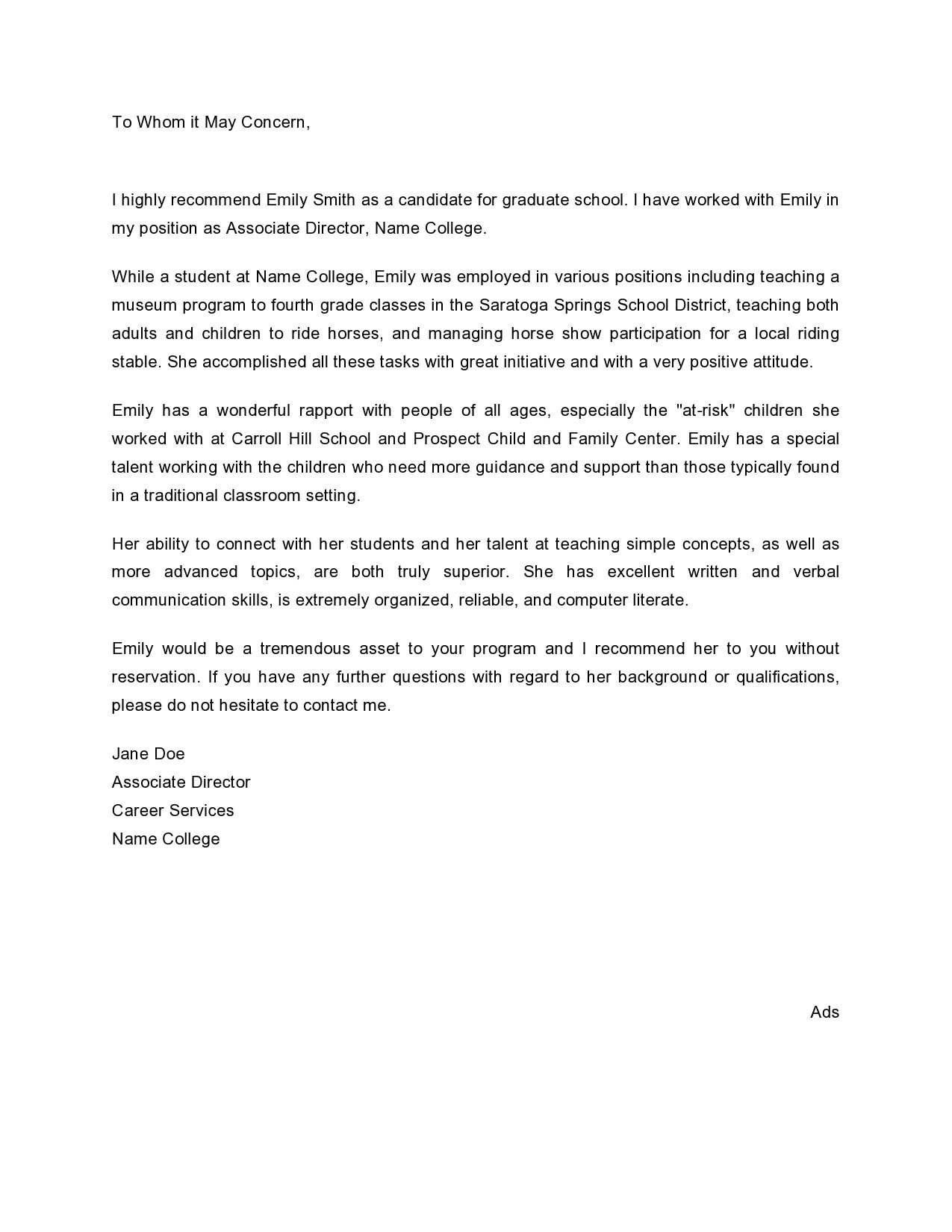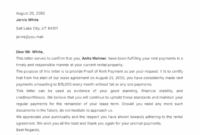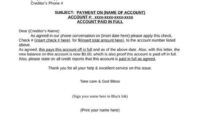Navigating the competitive landscape of masters program applications can feel like a marathon, and every component of your submission needs to be top-notch. Among the most crucial elements are your reference letters. These aren’t just mere formalities; they are powerful endorsements from individuals who have witnessed your academic prowess, professional dedication, and personal growth, offering admissions committees a unique, external perspective on your capabilities and potential.
A truly compelling reference letter can significantly strengthen your application, transforming a good candidate into an outstanding one. However, securing such a letter often requires more than just asking. It involves guiding your recommenders effectively, providing them with the necessary tools and information to articulate your strengths eloquently. This guide aims to demystify the process, helping you understand what makes a letter stand out and how to empower your recommenders to write an impactful endorsement.
Understanding the Core Components of a Strong Reference Letter
A robust reference letter for a masters program isn’t simply a rehash of your CV; it’s a narrative that brings your achievements to life through specific anecdotes and observations. Admissions committees seek evidence of critical thinking, problem-solving abilities, dedication, and the potential to thrive in a rigorous academic environment. Your recommender’s role is to provide that evidence, painting a vivid picture of your suitability for graduate study.
The most effective letters move beyond generic praise, offering concrete examples of your contributions and character. For instance, instead of saying “John is a good student,” a strong letter would elaborate on how “John consistently excelled in advanced statistical analysis coursework, demonstrating an exceptional ability to interpret complex data during his final year project on socio-economic trends.” Such details lend credibility and depth, allowing the admissions committee to truly grasp your unique strengths.
Typically, a well-structured reference letter begins by establishing the recommender’s relationship with you and the duration of their acquaintance, then transitions into a detailed assessment of your relevant skills and experiences. The body paragraphs are where the most impactful evidence resides, showcasing specific instances where you demonstrated qualities essential for graduate-level work.

Key Information Every Recommender Should Include
A truly compelling letter integrates several key pieces of information to create a holistic and persuasive argument for your candidacy. Think of these as the building blocks that empower an admissions committee to see your full potential.
These elements are crucial because they directly address what admissions committees are looking for: concrete proof that you possess the necessary attributes to succeed in a demanding graduate program. Without these specifics, even a positive letter can fall flat, failing to distinguish you from other qualified applicants.
Guiding Your Recommender with a Thoughtful Approach
While the reference letter is written by your recommender, your proactive involvement can significantly enhance its quality. It is your responsibility to make the process as straightforward as possible for them, providing all the necessary information and context. Don’t just send a quick email asking for a letter; prepare a comprehensive package that empowers them to write a compelling endorsement.
Start by having a direct conversation with your chosen recommenders. Discuss your academic and career aspirations, why you’ve chosen this particular masters program, and what aspects of your performance you hope they will highlight. This conversation can serve as a valuable refresher for them, jogging their memory about specific projects or instances where you excelled under their guidance.
Beyond a conversation, assembling an informational packet for your recommenders is incredibly beneficial. This might include your updated CV, your statement of purpose or personal statement, a list of the specific programs you are applying to along with their deadlines, and any specific requirements or questions posed by the university regarding the reference letter. The more context you provide, the better equipped they will be to tailor their letter effectively.
Consider even offering a draft of talking points or an outline, perhaps even a basic reference letter template for masters program. This isn’t about writing the letter for them, but rather about providing a framework or reminders of key achievements you wish to emphasize. For instance, you could remind them of a particular research project, a challenging course you excelled in, or a leadership role you undertook.
By taking these steps, you not only make the task easier for your recommender but also help ensure that the letter focuses on the aspects of your profile that are most pertinent to your application. A well-supported recommender is more likely to write a strong, detailed, and highly persuasive letter that effectively champions your candidacy.
Securing strong reference letters is undoubtedly a critical piece of the puzzle for any masters program application. The insights and endorsements from your professors and supervisors offer a unique, credible lens through which admissions committees can evaluate your potential contributions to their academic community. It’s an opportunity to showcase your strengths not just through your own words, but through the respected perspectives of those who have mentored you.
Therefore, approaching this stage of your application with thoughtful preparation and clear communication will significantly impact the quality of the letters you receive. By empowering your recommenders with comprehensive information and a clear understanding of your aspirations, you pave the way for them to craft testimonials that truly resonate, ultimately bolstering your chances of admission to your desired graduate program.



